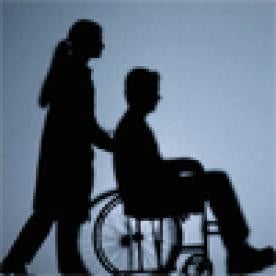In a recent New York Times article, Dhruv Khullar, M.D., a medical resident in a large Boston teaching hospital, wrote about what often happens when a patient, especially an elderly patient, is discharged from the hospital. All too frequently, there is a high chance of readmission for many of these patients. Dr. Khullar notes that one-fifth of Medicare recipients are readmitted to a hospital within 30 days of discharge, and one-third are readmitted within 90 days.
One study found that 20% of patients have a complication within 3 weeks of leaving the hospital and that half of those complications could have been prevented or mitigated. Although many of these complications are minor, some are serious and life-threatening. Medicare spends $26 billion annually on readmissions, and more than half of that amount on readmissions that are considered preventable.
As is clearly and plainly evident, discharge from a hospital gives rise to many issues. Dr. Khullar points out that one possible cause for issue is the difference in the process used to admit patients versus the process to discharge patients. In teaching hospitals, a junior resident—who is just a year or two out of medical school—often spends hours interviewing a recently admitted patient and developing a plain which is then discussed with more senior residents, and then finally presented to the attending physician in charge of the patient’s care. Together, they examine the patient, settle on a plan, and update that plan daily.
In contrast, when a patient is discharged the procedure is more rushed and haphazard. There is an often pressing need to open up the bed for another admission, coupled with the patient’s desire to leave the hospital. Finally, the doctor discharging the patient may not be the member of the team best acquainted with the patient and his or needs.It’s not always clear exactly when a patient should be discharged, and it can depend on a host of fluctuating factors, such as the condition of the patient on a given day, the patient’s desire to be discharged, and the need for post-discharge care to be in place when the patient returns home or goes to another facility.



 i
i


